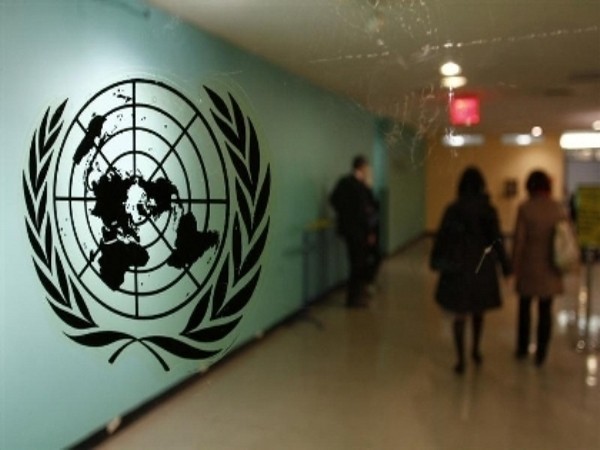U.N. human rights expert decries 'descent towards authoritarianism' in Afghanistan
"The severe rollback of the rights of women and girls, reprisals targeting opponents and critics, and a clampdown on freedom of expression by the Taliban amount to a descent towards authoritarianism," he told a Human Rights Council meeting. In separate remarks to the council, Assistant Secretary-General for Human Rights, Ilze Brands Kehris, said that some 850,000 girls had dropped out of school, placing them at risk of child marriage and sexual economic exploitation.

A U.N. expert said on Monday that human rights had deteriorated under the Taliban, describing a "staggering repression" of women and girls and "descent towards authoritarianism".
Richard Bennett, the U.N. Special Rapporteur on the situation of human rights in Afghanistan, called for radical changes in the country. "The severe rollback of the rights of women and girls, reprisals targeting opponents and critics, and a clampdown on freedom of expression by the Taliban amount to a descent towards authoritarianism," he told a Human Rights Council meeting.
In separate remarks to the council, Assistant Secretary-General for Human Rights, Ilze Brands Kehris, said that some 850,000 girls had dropped out of school, placing them at risk of child marriage and sexual economic exploitation. Most girls' secondary schools in Afghanistan have been closed since the Taliban took over in August 2021 after the group made a sudden U-turn on promises to open them in March.
The Taliban, a hardline Islamist group whose administration is not officially recognised by many governments, has said that schools will remain closed until a plan is drawn up in accordance with Islamic law for them to reopen. Brands Kehris also raised concerns about women's access to lawyers in cases of gender-based violence in Afghanistan. "Women have nowhere to go to seek justice and redress in today’s Afghanistan," she said.
The mandate to monitor human rights violations in Afghanistan was established by the Geneva-based council almost a year ago. A draft resolution by the European Union seeks to renew it and a decision is expected by October 7.
(This story has not been edited by Devdiscourse staff and is auto-generated from a syndicated feed.)
- READ MORE ON:
- Human Rights Council
- Afghanistan
- the European Union
- U.N.
- Islamist
- Taliban
- Islamic
- Geneva
ALSO READ
Germany denies complicity in Gaza genocide at U.N. court
At least 38 migrants die in shipwreck off Djibouti - U.N. migration agency
Germany denies complicity in Gaza genocide at U.N. court
U.N. migration agency: 38 bodies recovered after shipwreck off Djibouti
Suspected Islamist rebels kill at least 10 in eastern Congo










